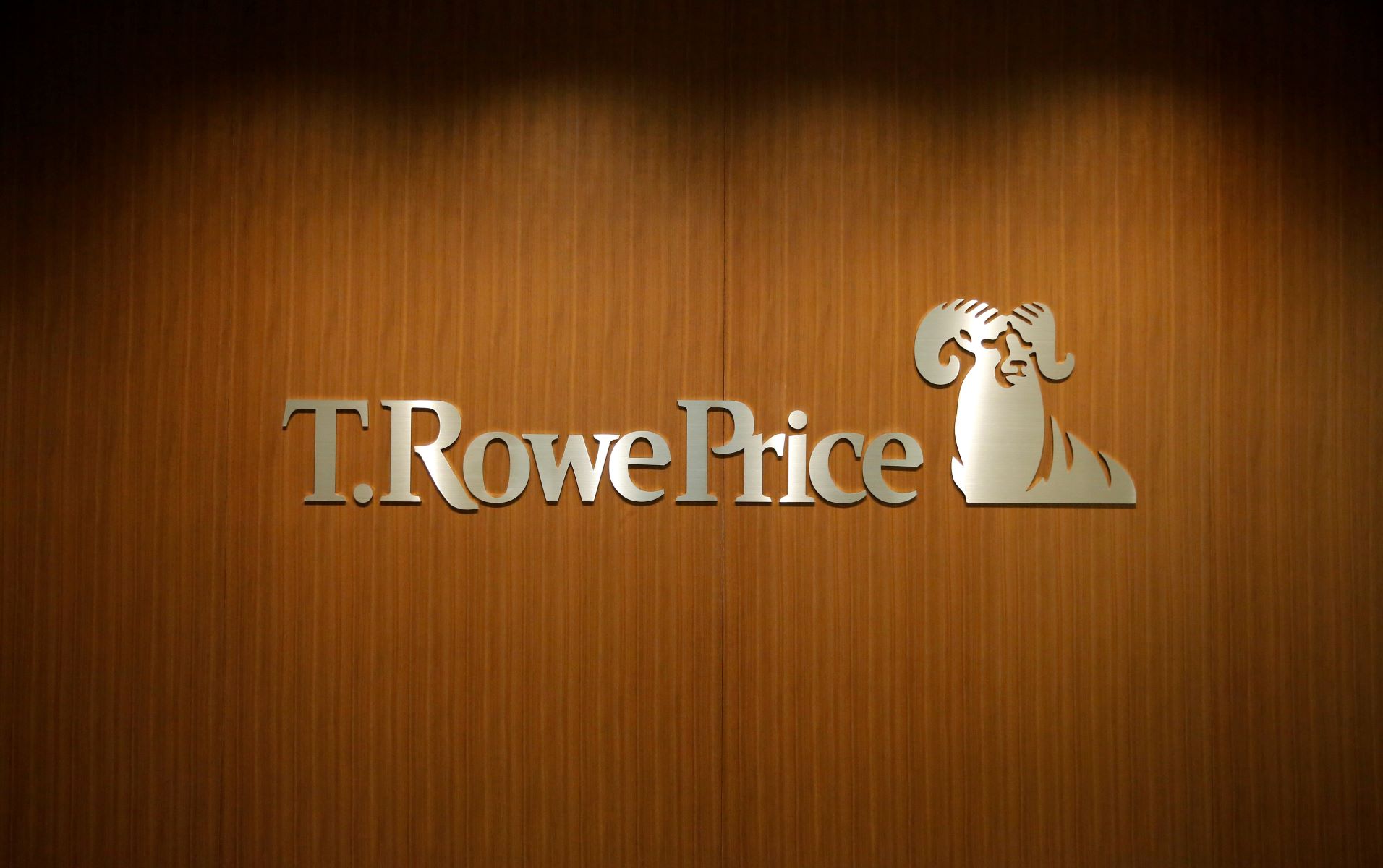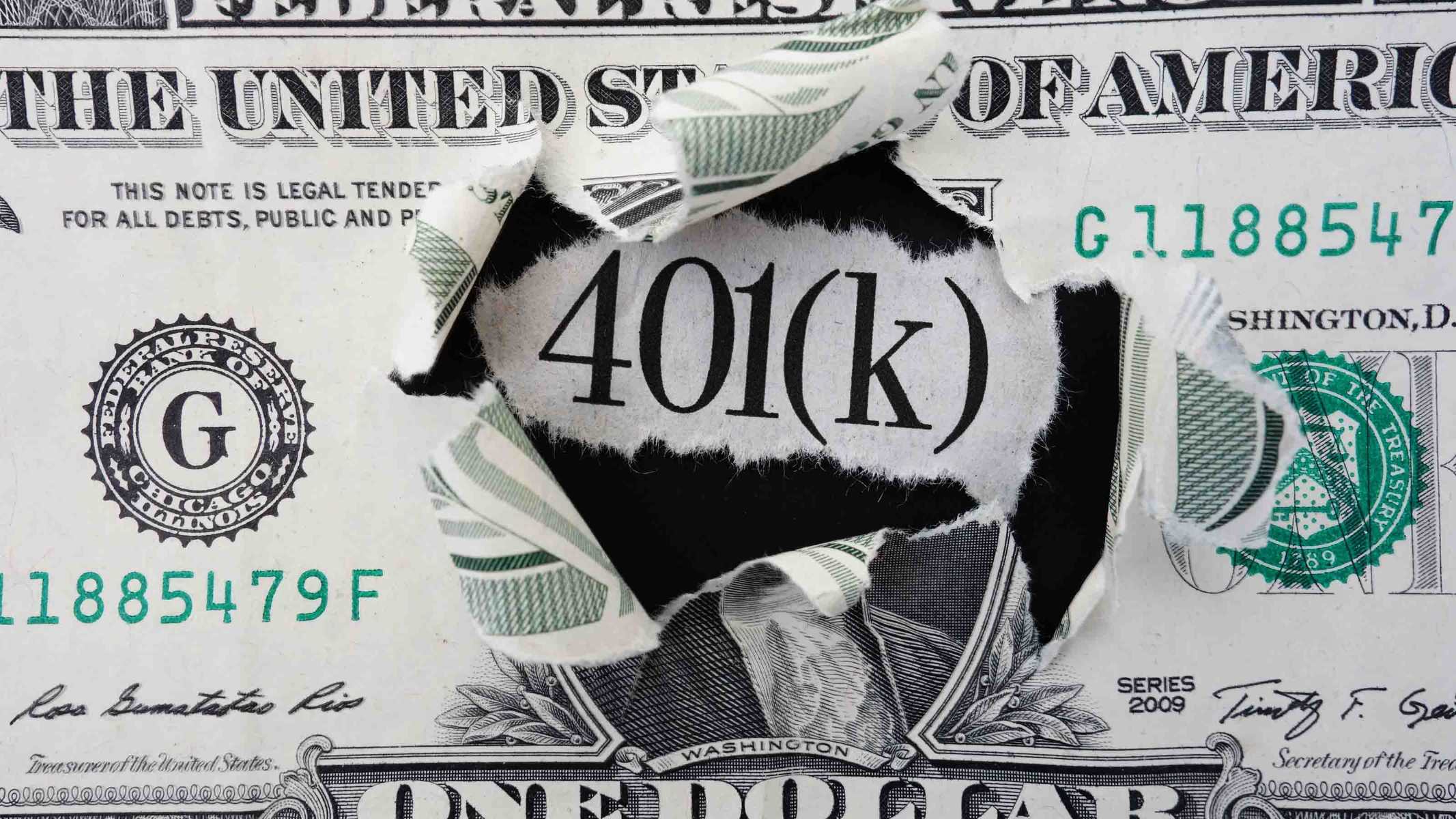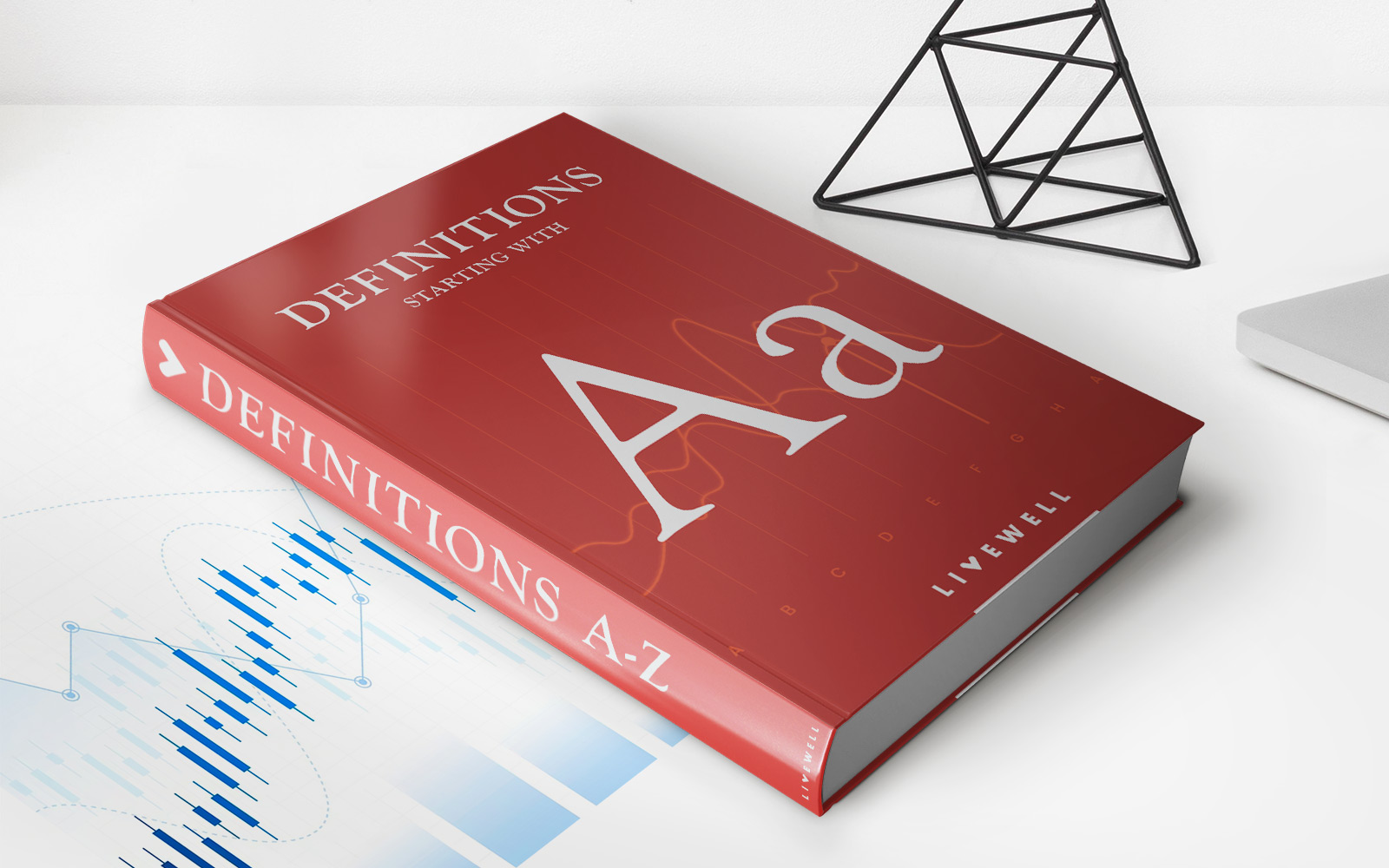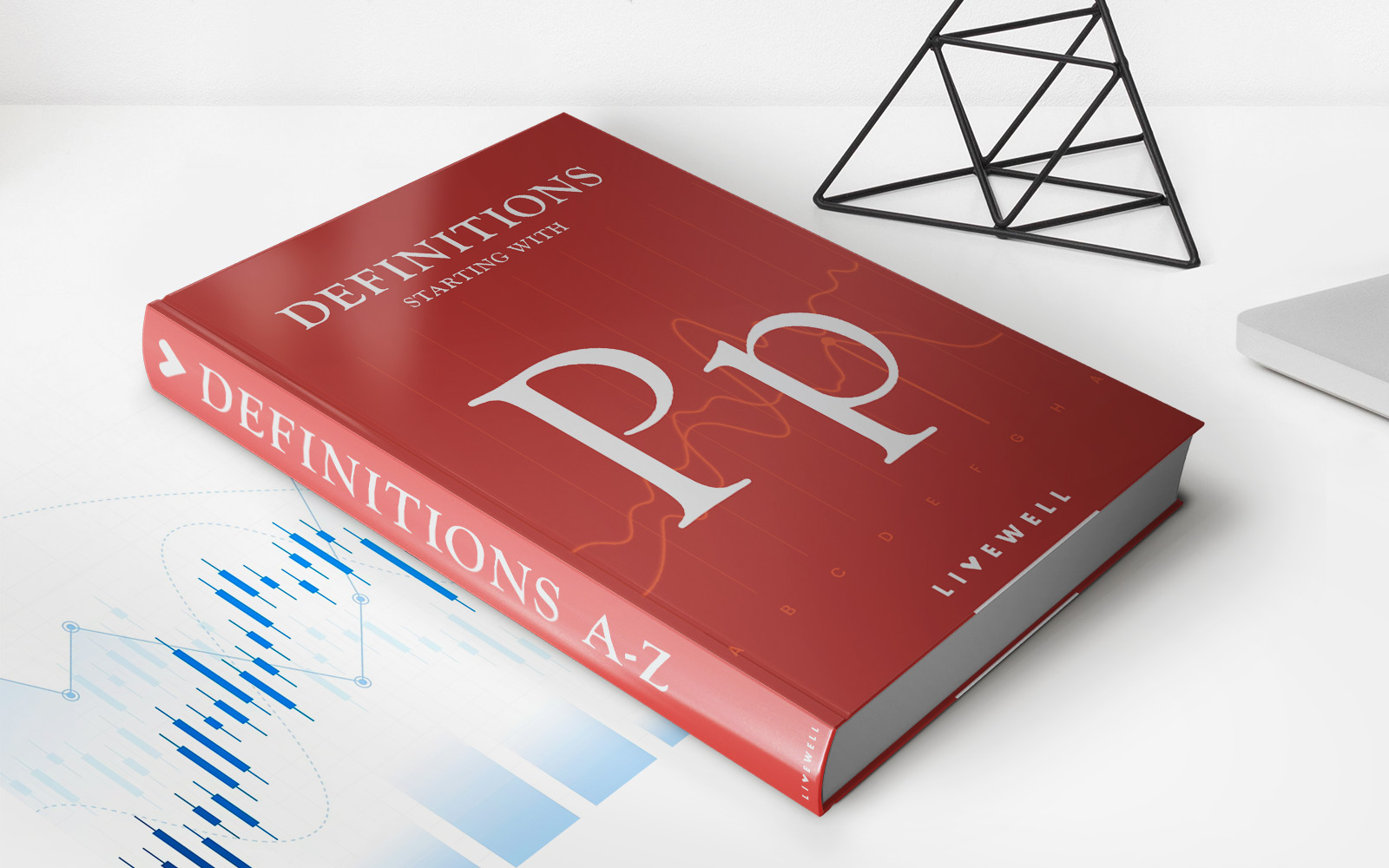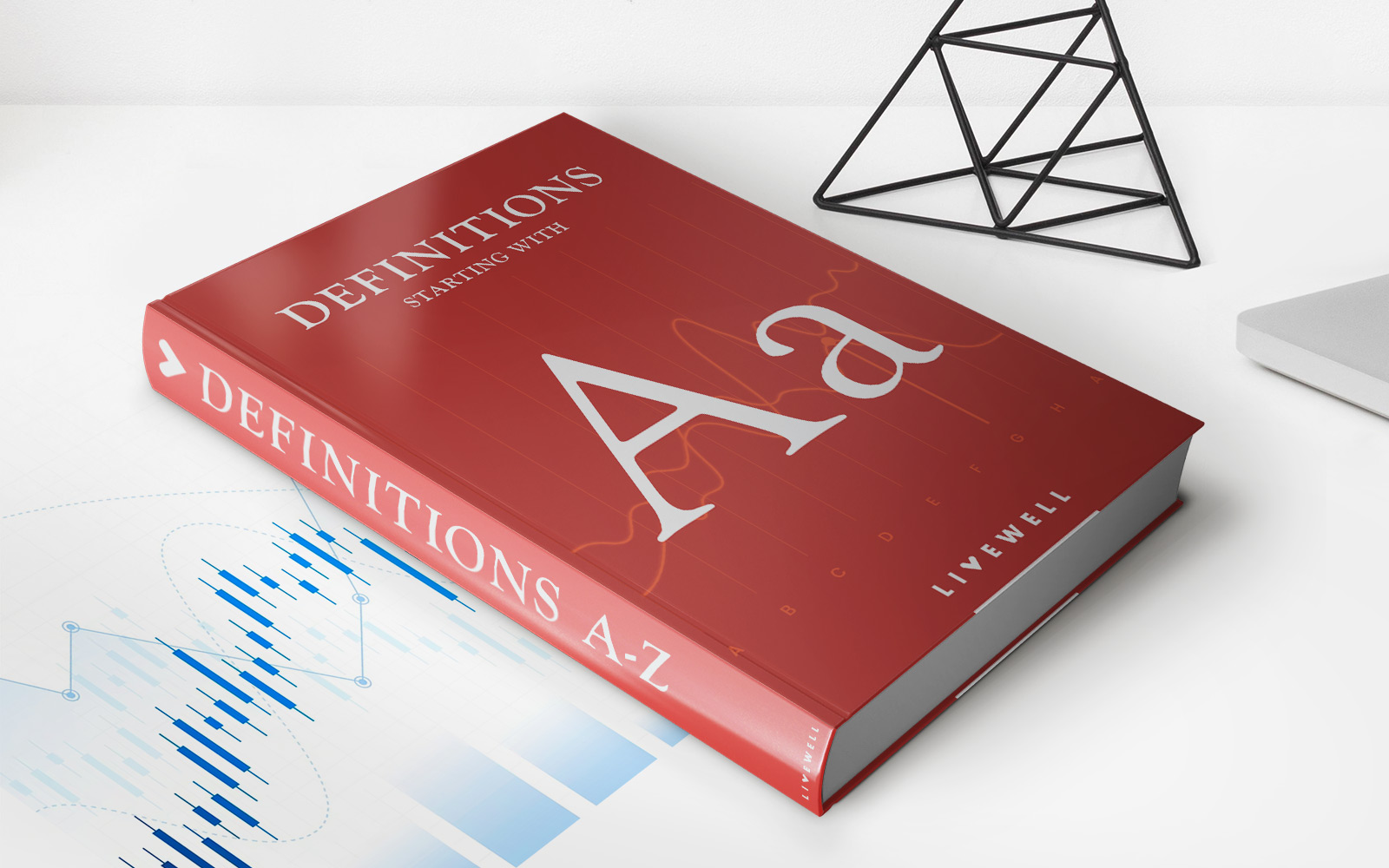

Finance
Can I Cash Out My 401K When I Quit My Job
Published: October 18, 2023
Learn about the financial implications of cashing out your 401K when you quit your job. Find out if it's a wise decision for your personal finance goals.
(Many of the links in this article redirect to a specific reviewed product. Your purchase of these products through affiliate links helps to generate commission for LiveWell, at no extra cost. Learn more)
Table of Contents
Introduction
When it comes to retirement savings, one of the most common questions people have is, “Can I cash out my 401(k) when I quit my job?” It’s a valid concern, especially if you’re leaving your current job and need access to the funds in your retirement account.
A 401(k) plan is a popular type of employer-sponsored retirement savings plan that allows employees to set aside a portion of their pre-tax income for retirement. Over time, these contributions and any investment gains can grow significantly, providing individuals with a substantial nest egg for their golden years.
However, life is unpredictable, and circumstances change. Whether you’re leaving your job due to a new opportunity, career transition, or personal reasons, the question of what happens to your 401(k) when you quit is an important one to address.
In this article, we will delve into the topic of cashing out your 401(k) when you quit your job. We will explore the consequences of doing so and discuss alternative options that may be more beneficial in the long run.
It’s essential to make informed decisions when it comes to your retirement savings, as the choices you make now can have a significant impact on your financial future.
Understanding 401(k) Plans
Before we discuss whether you can cash out your 401(k) when you quit your job, let’s first gain a solid understanding of what a 401(k) plan is and how it works.
A 401(k) plan is a type of retirement savings account that is typically offered by employers to their employees. It is named after the section of the U.S. Internal Revenue Code that governs it. These plans are tax-advantaged, meaning that the contributions you make to your 401(k) are usually taken out of your pre-tax income, which can result in a lower tax liability.
With a 401(k) plan, you have the ability to contribute a portion of your salary to the account, up to a certain annual limit as determined by the IRS. Many employers also provide a matching contribution, which means they will match a percentage of your contributions, up to a certain limit. This employer match is essentially free money that can significantly boost your retirement savings.
One of the advantages of a 401(k) plan is the ability to choose how your contributions are invested. Most plans offer a range of investment options, such as mutual funds, target-date funds, or individual stocks and bonds. The growth of your investments within the plan is generally tax-deferred, meaning you won’t owe taxes on the gains until you withdraw the money in retirement.
It’s important to note that while 401(k) plans are a valuable tool for retirement savings, they come with certain limitations and rules. For example, there are specific eligibility requirements, contribution limits, and withdrawal restrictions that you must adhere to.
Now that you have a better understanding of what a 401(k) plan is, let’s dive into the question of whether you can cash out your 401(k) when you quit your job.
Can I Cash Out My 401(k) When I Quit My Job?
When you quit your job, you may be tempted to cash out your 401(k) and use the funds for immediate needs or other financial obligations. However, cashing out your 401(k) when you leave your job is generally not recommended and should be considered as a last resort. Let’s explore why.
While it is technically possible to cash out your 401(k) when you quit your job, doing so comes with significant consequences. First and foremost, you’ll be subject to taxes and penalties. If you withdraw the funds before reaching the age of 59 ½, you’ll typically be hit with a 10% early withdrawal penalty on top of regular income taxes.
These taxes and penalties can add up quickly and erode a significant portion of your hard-earned savings. Moreover, the amount you withdraw will be treated as taxable income, which means you may end up owing even more in taxes come tax season.
Another drawback of cashing out your 401(k) is the lost opportunity for your retirement savings to grow. By withdrawing the funds, you’re essentially removing them from the investment market and missing out on potential long-term gains. Over time, the compounding effect can significantly impact the final value of your retirement nest egg.
It’s important to consider the purpose of a 401(k) plan – to provide a steady source of income during retirement. By cashing out early, you jeopardize your financial security in the later years of life when you may not have the same earning potential as when you were working.
Instead of cashing out your 401(k), it’s generally more beneficial to explore alternative options that allow you to preserve your retirement savings and continue to grow them. In the next section, we’ll discuss some of these alternatives in more detail.
Consequences of Cashing Out 401(k) When Quitting a Job
While it may be tempting to cash out your 401(k) when you quit your job, it’s important to understand the potential consequences that come with this decision. Let’s explore some of the drawbacks of cashing out your 401(k) prematurely.
1. Tax implications: If you withdraw funds from your 401(k) before reaching the age of 59 ½, you will be subject to income taxes on the amount you withdraw, in addition to a 10% early withdrawal penalty. This can significantly reduce the amount you receive, leaving you with less money than expected.
2. Loss of retirement savings: By cashing out your 401(k), you’ll be depleting your retirement savings and missing out on the potential growth of those funds over time. Retirement accounts are designed to provide long-term financial security, and withdrawing early disrupts this objective.
3. Missed opportunities for compound growth: The power of compound interest can have a substantial impact on your retirement savings. By cashing out your 401(k), you lose the opportunity for your investments to compound over time, potentially resulting in a significant reduction in your overall retirement funds.
4. Potential difficulty in rebuilding savings: Starting over with saving for retirement can be challenging, especially if you’ve cashed out a substantial portion of your 401(k). Depending on your age and time horizon, it may be difficult to recover and rebuild your retirement savings to the same level as before.
5. Diminished financial security during retirement: Cashing out your 401(k) prematurely can leave you financially vulnerable in retirement. Without a substantial nest egg, you may have to rely on other sources of income, such as social security or working longer, to make ends meet.
Considering these consequences, it’s clear that cashing out your 401(k) when you quit your job should be a last-resort option. Instead, explore alternative strategies to preserve and continue growing your retirement savings, as we’ll discuss in the next section.
Alternative Options to Cashing Out 401(k)
If you’re considering cashing out your 401(k) when you quit your job, it’s crucial to explore alternative options that can help you preserve and continue growing your retirement savings. Let’s discuss some alternatives to cashing out your 401(k) that may be more beneficial in the long run.
1. Roll over your 401(k): When you leave your job, you have the option to roll over your 401(k) into an Individual Retirement Account (IRA) or a new employer’s retirement plan. Rolling over your funds allows you to maintain the tax advantages of your retirement savings and continue to grow your investments. It also gives you more control over your investment choices and potentially lower fees.
2. Leave your 401(k) with your former employer: Depending on your specific circumstances, you may choose to leave your 401(k) with your former employer. This option makes sense if your former employer offers competitive investment options, low fees, and administrative support. However, it’s important to consider the potential limitations and the risk of losing track of your retirement savings if you have multiple accounts.
3. Transfer to your new employer’s plan: If you’re starting a new job that offers a retirement plan, you can transfer your 401(k) funds directly into the new plan. This keeps your retirement savings consolidated and continues the tax advantages of your investments. Be sure to understand the investment options and fees associated with the new plan before making a decision.
4. Consider a Roth conversion: Another alternative to cashing out your 401(k) is to consider a Roth conversion. This involves transferring your pre-tax 401(k) funds into a Roth IRA. While you’ll have to pay taxes on the converted amount, future withdrawals from the Roth IRA will generally be tax-free, making it an attractive option for tax diversification in retirement.
5. Evaluate your financial situation: Before making any decisions about your retirement savings, take the time to evaluate your overall financial situation. Consider factors such as your immediate needs, debt obligations, emergency savings, and other resources that you can tap into before resorting to cashing out your 401(k). It may be possible to find alternative sources of funds that can help bridge any financial gaps without sacrificing your long-term retirement goals.
Remember, the key is to prioritize your long-term financial security and leverage options that allow your retirement savings to continue to grow and benefit from compound interest. Consulting with a financial advisor can help you make an informed decision based on your specific needs and goals.
Conclusion
When considering whether to cash out your 401(k) when you quit your job, it’s important to weigh the potential consequences against your immediate financial needs. While it may be tempting to access those funds, cashing out your 401(k) should generally be seen as a last resort.
By cashing out your 401(k), you could face hefty tax penalties, lose out on potential investment growth, and jeopardize your long-term financial security in retirement. Instead, consider alternative options such as rolling over your 401(k) into an IRA, transferring it to your new employer’s plan, or exploring a Roth conversion.
Preserving your retirement savings and allowing them to continue growing is crucial for your future financial well-being. Retirement should be a time of peace and security, not financial stress. By making informed decisions and prioritizing long-term goals, you can ensure a more stable retirement future.
Lastly, it’s crucial to seek guidance from a financial advisor who can provide personalized advice based on your specific circumstances. They can help you navigate the complex world of retirement savings and ensure that you make choices that align with your financial goals.
Remember, your 401(k) is a valuable asset and a powerful tool for building a secure financial future. Make the most of it by making informed decisions and exploring all available options before considering cashing it out when you quit your job.





